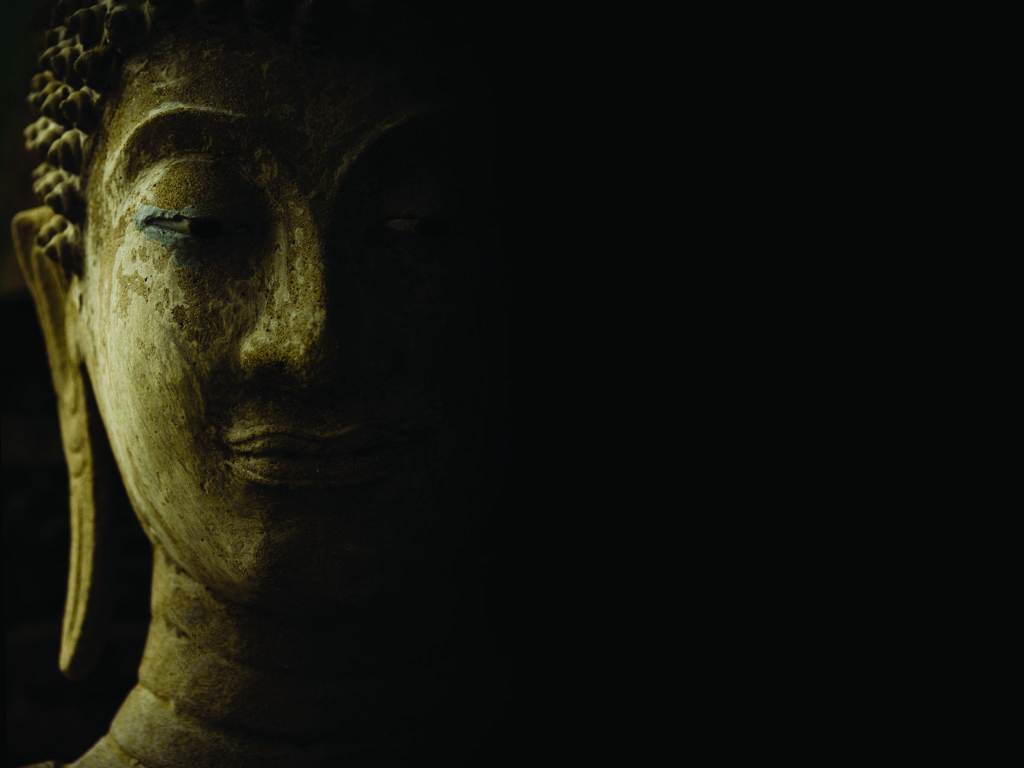A Radical Act of Kindness
BY MATT LICATA
What is the “shadow,” anyway? What are these “unwanted” parts of ourselves that we have spent so much of our lives avoiding, never contacting, never allowing into the light of conscious awareness?
When I use the words shadow, unwanted, and abandoned, I am referring to those feelings, emotions, and qualities which as young children we very intelligently disconnected, dissociated, or split off from in order to maintain the critical tie to our caregivers. In other words, there were certain feelings and ways of being, when expressed, that led to the withdrawal of mirroring, contact, and attunement from those important figures around us. As a result, our little brains, hearts, and nervous systems became overwhelmed with intense material which we did not have the developmental capacity to digest.
In response, we brought forward various strategies of dissociation and defense, all in the attempt to care for ourselves. It took a tremendous amount of intelligence and creativity, actually, to remove ourselves from conscious experience. Even though these strategies were critical in preserving the integrity of our sense of self—as well as in some cases our actual psychic or physical survival—they did not dissolve this material and purge it from our tender, sensitive systems. Rather, it simply became pushed into the unconscious, into somatic coagulation, forming what some refer to as the shadow.
For most of us, this undigested material is most vividly triggered in intimate relationship, especially as we start to allow another to actually matter to us, to let them into our hearts, and to take up the journey and the risk that vulnerable, exposed, embodied intimacy will always require. As nearly all of our early wounding arose within a relational matrix, it makes sense that it will be most powerfully activated (as well as untangled) in an interpersonal environment.

So the “unwanted” are those archaic organizing beliefs, feelings, and emotions which, when arising in the here and now, trigger a subtle (or not so subtle) survival-level sort of panic and sense of urgency. Things just do not feel safe. As a result, we habitually return to our young strategies to disconnect from our immediate experience, through a variety of avoidant behaviors designed to take us out of the panic and back to safe ground. The challenge of course is that by not working with this material—and never offering it safe passage into conscious, holding, loving awareness—we continue to keep it alive, burning within us until it is inevitably triggered yet again. It is this chronic abandonment of ourselves over time that may lead to a variety of symptoms such as anxiety, depression, flatness, and so forth.
This unwanted can take form as sadness, rage, loneliness, or shame; as feelings of dependency, abandonment, or rejection; or as waves of unworthiness and unlovability. Look carefully into your experience and see what it is that, above all else, you just do not want to feel—and will do just about anything to avoid: You don’t receive a text when she says she will text you, you receive some feedback about your performance at work, he doesn’t see you the way you would like to be seen, she yells during an argument, he bails instead of processing a difficult situation. All of a sudden you are 4, 5, or 6 years old, back in your family of origin, hurtling into a fight/flight/freeze response. Anything to escape the panic, uncertainty, and sense of impending danger.
The invitation, of course, is to gradually, slowly, and skillfully re-invite these abandoned qualities back into conscious experience to metabolize them with adult-level capacities that you did not have as a young child. It’s neither easy nor fun—and is sure to trigger all sorts of secondary feelings of unsafety and fear. But slowly you can do it. You can stay with what was once not possible to digest and contain it in the vastness that you are. It is difficult work to do, especially on your own, and it is worthy to consider finding an attuned other to help you.
You need not abandon yourself any longer. You are worthy of care, of holding, of self-attunement that you perhaps did not receive as a little one. You can come to discover that the shadow or the unwanted is in some paradoxical way only love in disguise, come to reintroduce you to the field of space, kindness, warmth, and holding that you are.
To do this work is a radical act of kindness—toward both yourself and others. For when you re-own the unwanted, you no longer place the burden of its holding and metabolization onto others. As you remove this burden from them, you are able to truly love them and no longer look to them to digest your unlived life for you. In this way, love is not something you seek more of or something you will “give” to another, but rather you become the activity of love itself in your interactions with those in your life.
Matt Licata, PhD, is a psychotherapist, writer, and teacher, counseling individuals and offering retreats worldwide. Matt will lead a weekend program on Oct. 14 & 15 in Ojai, The Magic of Being Fully Human: Embodied Spirituality and the Re-Enchantment of the Ordinary, along with author and spiritual teacher Jeff Foster. MattLicataPhD.com